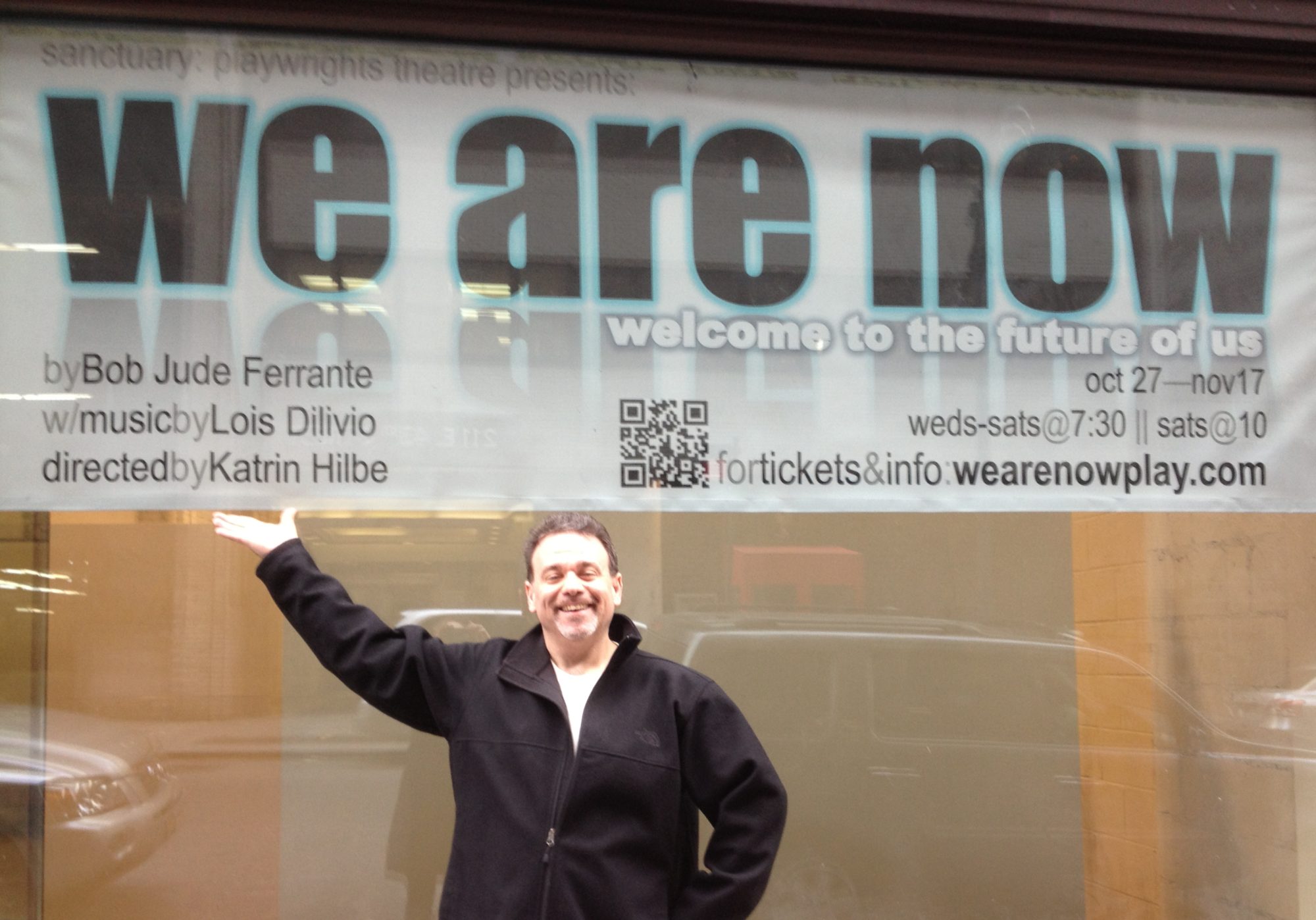These are actual dramaturgical notes I recently gave one of the playwrights with whom I work.
The points below will no doubt annoy you because they are deceptively obvious play writing text kinds of things, but I’m going to say them anyway, because you still need to hear them.
- If the new scene 2 has the same stuff going on as the last one, the whole scene’s got to go. The scene I read appeared to show an appalling lack faith in your audience – but really it was probably just a lack of faith in yourself, so you’re forgiven.
- If the characters’ world isn’t so different from ours, skip all exposition. Don’t even have one moment of someone recounting something from the past unless that information is being used in the present. Don’t have a single line there for gratuitous purposes. None of your puns where someone fucking breaks plates just so they can later talk tectonics. Someone has to cut their foot on the plates and that cut foot has to interfere with something critical later (which is what you did to fix that). Peppered throughout this draft, people were saying things without a character-driven reason for saying them. Entire pages needed to be crossed out – they were well written but totally unnecessary because they were providing detail about the past, which we could have figured out if the people would stop talking and start doing something.
- Keep an eagle eye out department – we often admit to ourselves in the writing when we have characters say things like “I know / that,” “as you know,” “I keep asking myself,” or “I told you before,” “you told me this.” Or when the same information is repeated twice – bad enough it came once as exposition, then it has to be repeated again, to another character who needs to hear the news too. If that’s “needs” to happen usually the scene started in the wrong place. Start right after the news was related, the audience will know exactly – oldest trick in the book but still frequently used and never sounds stale.
- Avoid starting your café scenes at “hello, I’m me, you’re you.” Start ten minutes into that scene, after some ridiculously funny, shameful or horrible thing was said. Then you won’t fall into the exposition trap. All you have to do is have one moment where it’s clear this is their first time meeting, and then all the knowingness about each other MUST be because he told her just then, no? So we get to skip the exposition.
- Grill sessions of three pages where two characters do question and answer format, that’s what scene 2 felt like. Don’t pause the play to feed the audience information. In the type of play you’re writing, which is either realism or magic realism, you have to resist all temptation to talk to the audience. If it were a musical, or Epic, you could get away with a few breakouts.
- Focus on voice. All we know of these guys is what they do and their sounds or silence. Everything else is submerged or silhouetted. Get a map of the US and put a star with a character’s name next to where each one was born. Make a grid with all characters’ names on it up the left and across the top and write a few words about how each character should talk to and act against their counterparts, or include a few sample lines. Hang those up above your writing table. I use these tools – and I invented them, they don’t come from a book.
- When reading a play it’s as if I am going to direct it. Am fairly ruthless with most plays and usually feel bad about it only after closing night. Say to yourself, “would I tolerate this from a play I was watching?” It’s a maddeningly simple question, but really ask it anyway. Even the exposition in scene 1 of my play is going to go, it’s nothing but scaffolding. And this is an alien world to which the audience needs orienting.
- I directed a 15 minute play last year and cut a page out of it and the playwright agreed to it (it took less than 5 minutes to convince him). What does that mean? That I am an asshole? (Yeah, probably) Or that the play was 10% too long? (Yeah, probably) As it was, the playwright so shackled the play (one of the characters was paralyzed and the other forced to spend the whole scene washing him) that the play felt like static talking anyway. I realized after a week of performances — there are never enough rehearsals in these no-money NYC showcase code shows, professional actors can’t afford to waste their time rehearsing a fifteen-minute play when they can get paying work — it felt totally like my fault, I should have worked harder to open the play up with the playwright. But the playwright was actually trying to distance himself from the play, it was about a very painful experience he’d just gone through (I admonish you, go through serious therapy and wait 20 years before trying to write about your own pain!). The fragment we held was merely notes, a sketch, and the play hadn’t even been born.
- Write scenes with only stage directions and no dialogue to counter the scenes where nobody does anything but talk for 5 pages.

